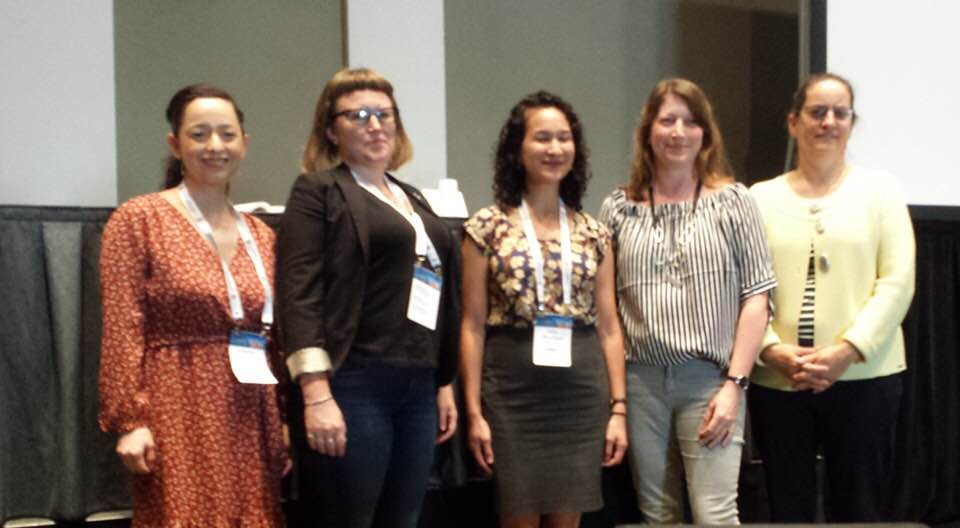books
-
Rethinking The Body on BBC Radio 5 Live
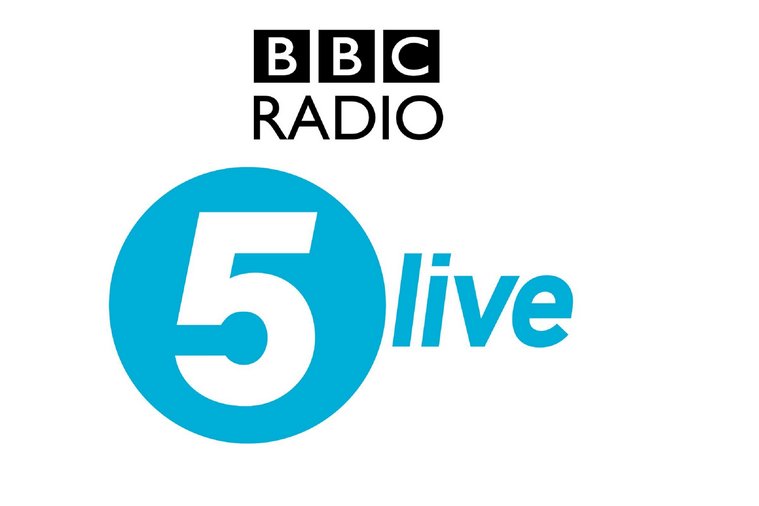
My essay Rethinking The Body was featured on BBC Radio 5 Live on the Stephen Nolan show with Rick Edwards on Saturday 27th June 2020 at 9pm. After the essay was broadcast the first hour of the show discussed body image in the context of the pandemic with me and several other guests.
You can listen to the programme here.
-
Rethinking The Body discussed in BBC article

My essay on Rethinking The Body featured as a discussion article based on the BBC Radio 4 Woman’s Hour discussion. You can read the article here.
-
Rethinking The Body on Woman’s Hour

My radio essay “Rethinking The Body” was featured on BBC Radio 4’s Woman’s Hour on Wednesday 24th June.
From the Woman’s Hour website:
Rethink is a series of essays and discussions across BBC Radio 4, 5 Live and the World Service that looks at how the world might change after the coronavirus pandemic. Today’s essay features the political philosopher Clare Chambers who considers how our relationship with our bodies, and our appearance has been affected by the lockdown. To discuss Jenni is joined by Laura Bates, the founder of the Everyday Sexism project, Kate Lister, Lecturer in the School of Arts and Communication at Leeds Trinity University, and Shahidha Bari, Professor of Fashion Cultures and Histories at the London College of Fashion.You can listen to the essay and discussion here.
-
Rethinking The Body
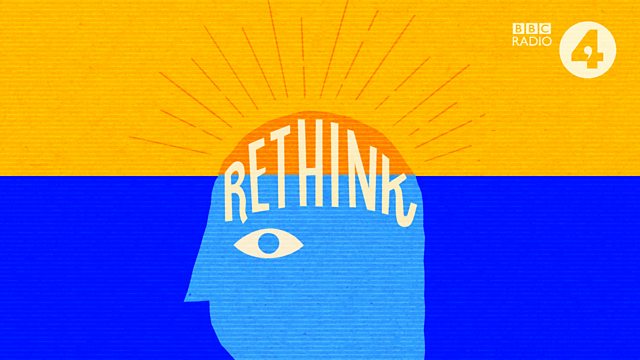
I have recorded an essay on how we think about our bodies for Rethink – a BBC radio series that considers how the world should change after the coronavirus pandemic. You can listen to the programme and see the others in the series here.
-
Equal Civil Partnerships Campaign

I was delighted and honoured to be invited to the party to celebrate the success of the Equal Civil Partnerships Campaign, which resulted in the introduction of different-sex civil partnerships in England and Wales. You can read more about the campaign and its wonderful people here.
-
Review of Against Marriage in The Philosophical Review
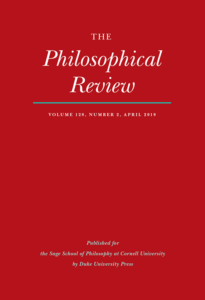
Laurie Shrage reviews Against Marriage.
“I agree with Chambers that state-recognized marriage retains patriarchal residues and is ultimately an inegalitarian and underinclusive way to regulate intimate partnerships and family units. I also believe that it is possible, in principle, to devise default directives for regulating different kinds of intimate relationships fairly and justly. However, the devil really is in the details here. Chambers has provided the moral and political justification, as well as a plausible mechanism, for a more egalitarian approach to family law and policy, and now it is incumbent on those who agree with her to develop the fair and just default rules that will take the place of state-recognized marriage.”
Read the whole review here.
-
“Clare Chambers, filósofa” in El País

The Spanish national daily newspaper El País featured an interview with me on 22 September 2019.
Filósofa. Es una feminista a la que le preocupa que las mujeres otorguen tanta importancia a su aspecto. Profesora en la Universidad de Cambridge, pone ahora el foco en la institución del matrimonio.
You can read the article here.
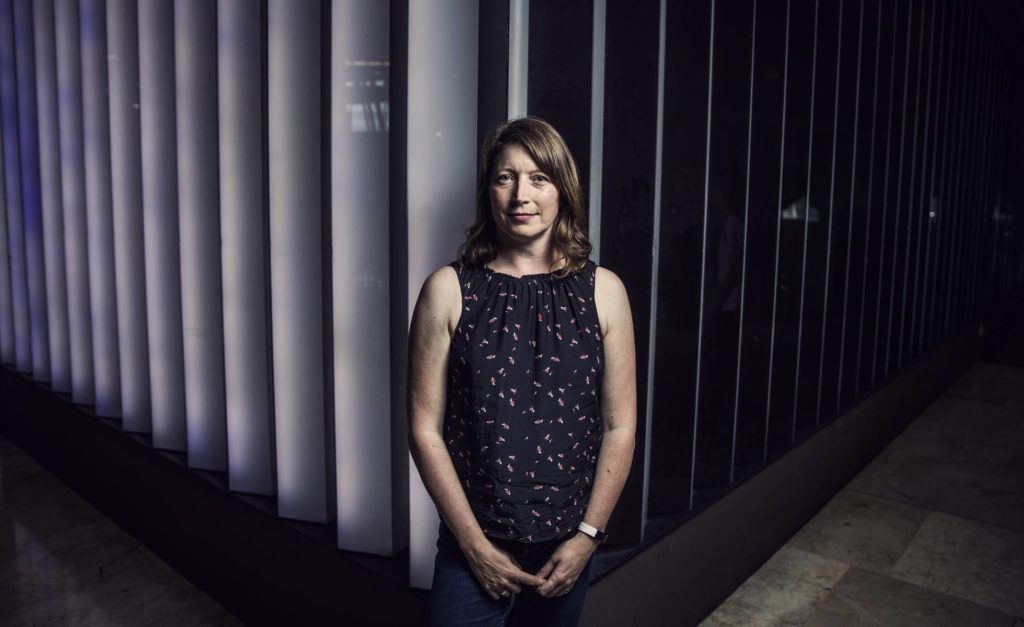
-
Talking Politics Guide to Marriage
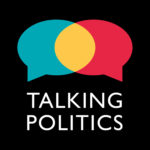
I recorded a special edition of the podcast Talking Politics discussing the ideas and proposals in Against Marriage. Listen to me talking with host David Runciman here.
-
Against Marriage and more at Hay Festival Segovia

I’ll be speaking about Against Marriage and other social conventions at the Hay Festival Segovia in Spain, the twin of the Hay-on-Wye literary festival run in conjunction with the British Council.
Clare Chambers, Reader in Political Philosophy at the University of Cambridge, is the author of Against Marriage: An Egalitarian Defence of the Marriage-free State; Sex, Culture and Justice: The Limits of Choice; Teach Yourself Political Philosophy: A Complete Introduction; and numerous articles on feminist and liberal political philosophy. She is currently carrying out research for her latest project, entitled Intact: The Unmodified Body. During her visit to Segovia she will speak with Ludovic Assémat, Director of Arts at the British Council, about the social conventions by which we live, within the framework of the British Council’s It’s Time to Talk programme. Simultaneous translation from English to Spanish
Read more and book tickets here.
-
Marriage in the New Statesman

What’s in a name? As it turns out, rather a lot. I explore the significance of the name “marriage” and the difference between a marriage license and a marriage certificate in an article published in Agora, the New Statesman’s philosophy column, on 2 August 2019. You can read the article here.
-
Discussing marriage on the Public Intellectual podcast
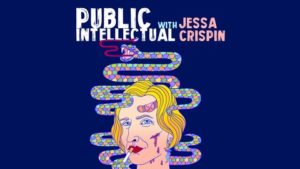
I was interviewed on marriage by Jessa Crispin for her podcast The Public Intellectual. You can listen to the interview here.
-
Beyond Marriage: Philosophy, Politics, Law
I am the convenor of this international and interdisciplinary conference held in Cambridge in May 2019.
There have been significant changes to the institution of marriage in recent years, with many countries introducing same-sex marriage, civil partnerships, and other forms of non-traditional union. For some, marriage is a central institution that must be protected, for others it is inevitably unjust and should be abolished.
This conference will bring together academics and practitioners from philosophy, politics, and law to debate what lies beyond marriage. The programme includes:
Dr Rebecca Steinfeld, claimant in Steinfeld and Keidan v. Secretary of State, “The Equal Civil Partnerships Campaign”
Tim Loughton MP, “Equal Civil Partnerships in the House of Commons”
Andrew Harrop, General Secretary, Fabian Society, “Marriage and the Left”
Jo Miles, Law, University of Cambridge, “Against Civil Partnership”
Prof Robert Wintemute, Law, King’s College London, “Equal Choices for All Couples: From Same-Sex Civil Partnership to Equal Marriage to Steinfeld & Keidan”.
Prof Lori Watson, Philosophy, San Diego University, “Polygamy and Equality”
Dr Samia Bano, Law, SOAS, “Muslim Marriage in the UK”
Dr Clare Chambers, Philosophy, University of Cambridge, “The Marriage-Free State”
Prof Elizabeth Brake, Philosophy, Arizona State University, “Minimal Marriage”
Chairs:
Dr Jude Browne, Centre for Gender Studies, University of Cambridge
Prof Ralph Wedgwood, Philosophy, University of Southern California
Dr Findlay Stark, Law, University of Cambridge
Dr Tom Dougherty, Philosophy, University of CambridgeYou can read more about the conference here.
-
Against Marriage reviewed in Mind
“
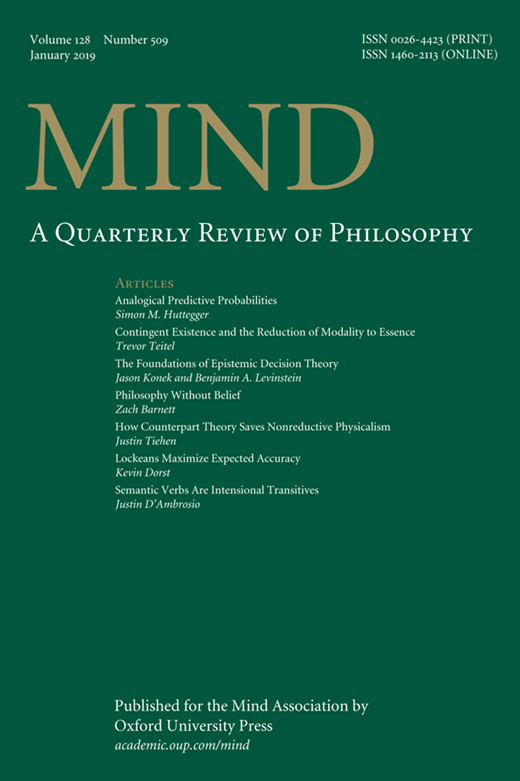
Elizabeth Brake, author of the excellent book Minimizing Marriage, has reviewed Against Marriage in Mind (January 2019). You can read the whole review here. Here’s an excerpt:
“Against Marriage makes an important contribution to the debate over the future of marriage within liberalism. It is clear and cogently argued and a pleasure to read. One of its virtues is its breadth; it makes arguments which address a range of liberal and feminist views and should be accessible to non-specialists. At the same time, it advances the leading edge of the specialist debate in provocative and intriguing ways.”
-
Blending in and standing out: comfort and visibility in beauty practices
 “My thought is this: a significant aspect of beauty practices is comfort and visibility. Comfort relates to discipline: discipline makes some actions and inactions seem comfortable and others effortful. Visibility relates to surveillance: some beauty practices make us seem visible or hyper-visible, others make us feel invisible. Sometimes beauty practices aim at making the practitioner visible: she wants her appearance to be noticeable. But beauty practices can also aim at invisibility: at making a person blend in rather than stand out. Both make up and its absence can have this effect, depending on the person and context involved.”
“My thought is this: a significant aspect of beauty practices is comfort and visibility. Comfort relates to discipline: discipline makes some actions and inactions seem comfortable and others effortful. Visibility relates to surveillance: some beauty practices make us seem visible or hyper-visible, others make us feel invisible. Sometimes beauty practices aim at making the practitioner visible: she wants her appearance to be noticeable. But beauty practices can also aim at invisibility: at making a person blend in rather than stand out. Both make up and its absence can have this effect, depending on the person and context involved.”This short piece is published on the Beauty Demands blog. You can read it here.
-
Against Marriage reviewed in Ethics
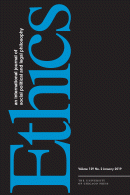 I’m delighted by Ralph Wedgwood’s review of Against Marriage in Ethics. He makes some pertinent criticisms of the argument of the book, but he also writes:
I’m delighted by Ralph Wedgwood’s review of Against Marriage in Ethics. He makes some pertinent criticisms of the argument of the book, but he also writes:“Clare Chambers has produced what will surely be for years to come the definitive argument for the abolitionist view of marriage. … [T]his is in my opinion a superb book. It is prodigiously scholarly, but at the same time wonderfully clear and accessible. The arguments are provocative and challenging throughout. The literature on this vitally important topic urgently needed a book-length defense of the abolitionist position. It is hard to imagine a book performing this necessary role better than Chambers’s Against Marriage.”
You can read the full review here.
-
Against Marriage at BBC Cambridgeshire
I was interviewed live on BBC Radio Cambridgeshire’s Lunchtime Live Show. Jeremy Sallis talked to me about Against Marriage and my lecture for the Cambridge Festival of Ideas.
-
Against Marriage at Bigg Books
 I’ll be talking on Against Marriage in the Bigg Books speaker series in Newcastle-Upon-Tyne on 20 November 2018. You can find more details here.
I’ll be talking on Against Marriage in the Bigg Books speaker series in Newcastle-Upon-Tyne on 20 November 2018. You can find more details here.Clare Chambers is Reader in Political Philosophy at University of Cambridge. She is a political philosopher specializing in feminist philosophy, contemporary liberalism, theories of social justice, and social construction. She will argue for the abolition of state-recognised marriage on the grounds that it violates both equality and liberty, even when expanded to include same-sex couples. Instead she will defend the idea of a the marriage-free state: an egalitarian state in which religious or secular marriages are permitted but have no legal status.
Clare Chambers’s award-winning book Against Marriage: An Egalitarian Defense of the Marriage-Free State was published last year by Oxford University Press (https://global.oup.com/academic/product/against-marriage-9780198744009)
Venue: Lit and Phil, 23 Westgate Road, Newcastle-upon-Tyne
-
Against Marriage at Festival of Ideas
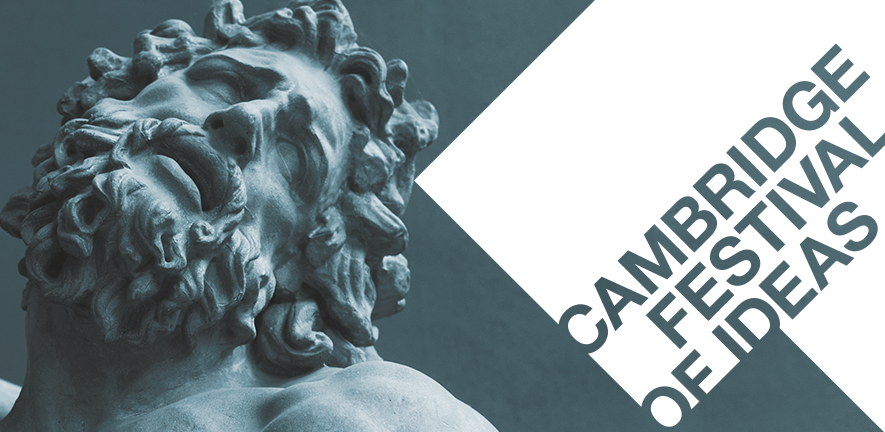 I talked about Against Marriage at the Cambridge Festival of Ideas on Monday 15th October 2018, in the Frankopan Hall of Jesus College, Cambridge.
I talked about Against Marriage at the Cambridge Festival of Ideas on Monday 15th October 2018, in the Frankopan Hall of Jesus College, Cambridge.Many states have recently expanded their definition of marriage to allow marriage between same-sex couples: a welcome move towards equality, but does this go far enough? Philosopher Clare Chambers argues for a more extreme position: that the state should not recognise marriage at all. State recognition of marriage, she will argue, is a violation of both equality and liberty – no matter how marriage is redefined.
Tickets were sold out and so the talk was live-streamed. You can watch it on youtube here:
-
David Easton Award presented at APSA 2018
The 2018 David Easton Award was presented to me for Against Marriage: An Egalitarian Defence of the Marriage-Free State at the APSA Annual Meeting in Boston.
The Award is given “for a book that broadens the horizons of contemporary political science by engaging issues of philosophical significance in political life through any of a variety of approaches in the social sciences and humanities.” You can see previous winners of the Award here.
-
Quoted on marriage in The Guardian
Rose Hackman quotes me in a long-form piece on marriage in The Guardian. You can read the whole article here.
” “Married men gained rights over women’s bodies, property and children,” confirms Clare Chambers, a lecturer in philosophy at the University of Cambridge who wrote a book arguing for an end to state-recognized marriage. “Traditionally [marriage] has maintained legal gender inequality, and it has done so to the benefit of men.”
“Chambers concedes that many formal inequalities tied to marriage have been denounced and revoked. Marital rape was outlawed in the UK in 1991 and in the US in 1993 – hard to believe there was ever an exemption – and same-sex marriage was legalized in 2014 and 2015 respectively.”
-
Against Marriage wins APSA’s David Easton Award
 I am delighted and honoured to learn that Against Marriage: An Egalitarian Defence of the Marriage-Free State has won the 2018 David Easton Award of the American Political Science Association (APSA). APSA say: “The David Easton Award is given for a book that broadens the horizons of contemporary political science by engaging issues of philosophical significance in political life through any of a variety of approaches in the social sciences and humanities.”
I am delighted and honoured to learn that Against Marriage: An Egalitarian Defence of the Marriage-Free State has won the 2018 David Easton Award of the American Political Science Association (APSA). APSA say: “The David Easton Award is given for a book that broadens the horizons of contemporary political science by engaging issues of philosophical significance in political life through any of a variety of approaches in the social sciences and humanities.”The citation for the Award is as follows:
“Clare Chambers’ Against Marriage: An Egalitarian Defence of the Marriage-Free State and Barbara Arneil’s Domestic Colonies: The Turn Inward to Colony won recognition from our committee because these two books exhibit logical rigor, clarity of structure, lucidity of thought, and crisp prose. Just as important, they tackle politically significant problems: in the first case, the liberal democratic state’s sanctification of one form of intimate social relations at the expense of others, and in the second case, the challenges that Western domestic colonies in the modern past pose for understandings of colonialism in the present. The two books deftly situate themselves against the backdrop of larger literatures on, respectively, marriage and colonialism, and they carve out provocative positions that draw on those literatures while moving beyond their existing limits of thought and action. As all true provocations should do, they are sure to stimulate new analyses and arguments in response to the ideas they lay out.
“Clare Chambers breathes new life into radical feminist critiques of marriage and classical liberal critiques of states that give their imprimatur to specific notions of the good life in order to argue that state-recognized marriage is fundamentally unjust. This may seem a surprising claim in an era in which social and legal acceptance of same-sex marriage is increasing. However, Chambers’ acute analysis, which she intends, as she puts it at the start, “for everyone, regardless of marital status,” shows how even struggles for the state’s recognition of gay marriage elide injustices internal to heterosexual marriage and external injustices of marriage for those who cannot or choose not to be married, even once those struggles have been won. Chambers argues that the practical and symbolic effects of state-endorsed marriage inevitably privilege some people and some ways of life over others, violating both feminist and liberal principles. While not opposed to marriage as a social relationship, she powerfully demonstrates the ways that state-endorsed marriage undercuts equality and freedom, and the insufficiency of even the most progressive defenses of marriage as a politically credentialed institution. Equally impressive is the constructive aspect of her book. Chambers is a critic of state sanctifications of oppressive and/or exclusionary forms of intimate life, but she is an advocate of state power that supports individuals equally in their day-to-day endeavors and relationships. Her theory, which is practical yet visionary, delineates how practices that marriage bundles together (child-rearing, co-habitation, caring for elderly parents, joint property ownership, etc.) might be unbundled and justly regulated by the state to protect those engaged in or affected by them without privileging married couples. Her book demonstrates how the strengths of analytical political philosophy can be powerfully mobilized as a resource for motivating political change.
“Barbara Arneil presents an analysis that contributes conceptual innovation to current debates on colonialism and imperialism, innovations that are at once suggested and bolstered by her careful archival and secondary research into “domestic colonies.” The cases of domestic colonialism that Arneil highlights are agrarian labour colonies, farm colonies, and anti-capitalist or otherwise radical utopian communities that were created in North America and Europe, putatively to empower the idle poor, the disabled, and religiously, politically, and/or racially marginalized minority groups. In her investigations into such colonies, which in North America were implicated in settler colonial practices but are not reducible to those practices, she offers an exemplary model of how detailed historical work can drive conceptual rethinking in political theory. In analyzing the domestic colony as a technique of power underwritten by a logic of (often but not always coerced) improvement rather than a logic of exploitative domination, her work controversially disentangles imperialism and colonialism as a prelude to complicating our understanding of colonization, decolonization, and the postcolonial. While explicitly acknowledging the grave injustices of settler colonialism and imperialism in comparison with domestic colonialism, Arneil reveals the benefits of situating imperialism, settler colonialism, and domestic colonialism as sometimes intersecting and sometimes contrasting nodes of a complex “transnational colonial network.” In this way, her work deepens both our grasp of the colonial past and re-problematizes our relation to colonialism’s long aftermath and continuing presence.”
-
Danny Reviews Against Marriage
You can read the review here.
“I found Chambers persuasive: Against Marriage compelled me to rethink some of my ideas on the subject and brought much greater precision to others. And even those who disagree with much more of it will have to engage with it, as an integrated and reasonably comprehensive analysis of how the state should approach marriage.”
-
The American Conservative on Against Marriage
 They don’t like it. See here.
They don’t like it. See here.Note that the article does not always read the argument of the book accurately.
-
Fabian Society on Against Marriage
 Andrew Harrop, General Secretary of the Fabian Society, reviewed Against Marriage in Fabian Review, May 2018. You can read the full review here.
Andrew Harrop, General Secretary of the Fabian Society, reviewed Against Marriage in Fabian Review, May 2018. You can read the full review here.“Marriage makes me uncomfortable, whether the reason is political, historical, cultural or aesthetic. No matter how many married couples I see living modern equal relationships, for me, the whole concept is tainted by its patriarchal past. But I say ‘for me’ with good reason, as I have dozens of friends and comrades who disagree. This is a fault-line issue that divides socialists and feminists amongst themselves. In Against Marriage, Clare Chambers makes the case for why egalitarians and liberals should reject marriage. It is political philosophy at its most practical and readable.”
-
Against Marriage reviewed in Political Theory
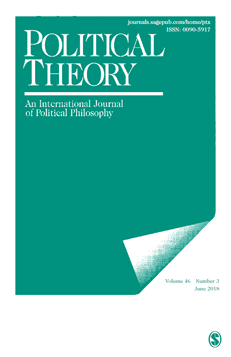 Against Marriage is reviewed by Tamara Metz, author of Untying the Knot, in Political Theory. You can read the full review here. An excerpt follows.
Against Marriage is reviewed by Tamara Metz, author of Untying the Knot, in Political Theory. You can read the full review here. An excerpt follows.“This is a distinct and important contribution to an increasingly crowded field of liberal political philosophy on marriage and the state and, perhaps most interestingly, to our understanding of the liberal project broadly. … Where other liberals seek more vigorously to balance competing demands of freedom and equality, or emphasize freedom, Chambers hews rigorously to an egalitarian position. You won’t find another book that does this so effectively or by way of such productive engagement with existing scholarship. Laying out the egalitarian case in such clear and compelling terms, Chambers highlights the challenges it presents to the liberal side of her liberal feminist equation. In so doing, Against Marriage leaves us wondering just how tenable the liberal feminist project is.”
“Chambers leads us to these questions by bringing us to the edge of the liberal feminist frontier. This alone would make Against Marriage a distinct and important contribution. But, of course, Chambers does more. She offers a compelling vision of why and how to move beyond marriage and points us in the direction of work that needs to be done. All with the grace and graciousness of an analytical philosopher running at full throttle.”
-
Against Marriage on JHIB blog
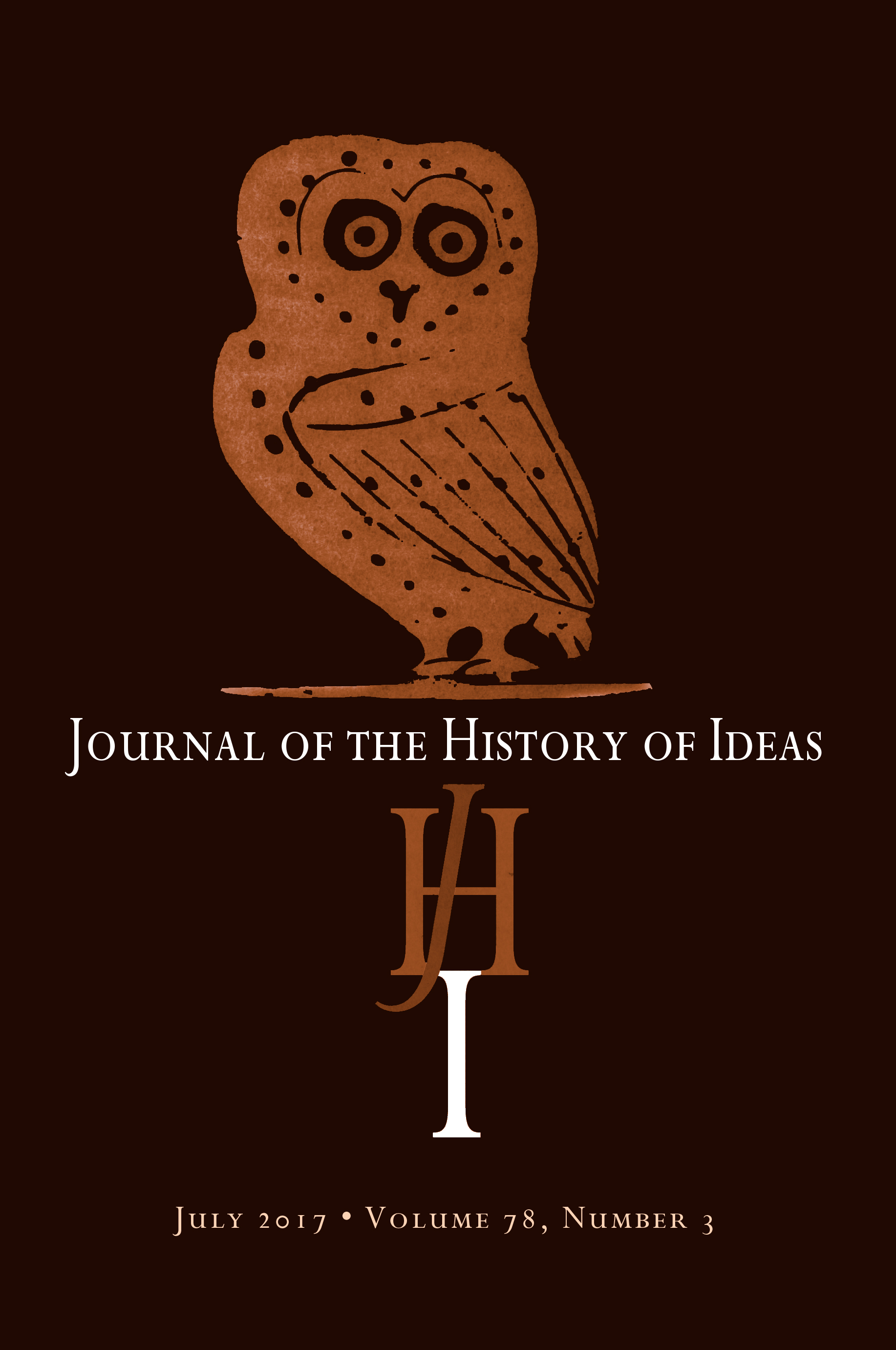 My Aeon article “Against Marriage” was recommended by the Journal for the History of Ideas Blog here.
My Aeon article “Against Marriage” was recommended by the Journal for the History of Ideas Blog here. -
Times of India on Against Marriage
 The Times of India featured my Aeon article “Against Marriage” on 22 April 2018. You can read the coverage here.
The Times of India featured my Aeon article “Against Marriage” on 22 April 2018. You can read the coverage here. -
Against Marriage at Aeon
 I have a 3,300 word essay on “Against Marriage” at Aeon magazine. You can read the article here.
I have a 3,300 word essay on “Against Marriage” at Aeon magazine. You can read the article here. -
Against Marriage at APT books
Against Marriage is featured in the New Books By Members section of the US Association for Political Theory. You can see the page here.
-
Against Marriage on BMJ blog
 Richard Smith writes in the British Medical Journal (BMJ) blog that he is persuaded by the arguments of Against Marriage. You can read the full article here.
Richard Smith writes in the British Medical Journal (BMJ) blog that he is persuaded by the arguments of Against Marriage. You can read the full article here.“Chambers is against marriage on the grounds of equality and liberty. Women are not equal with men within marriage, and the state by attaching a bundle of rights and duties to marriage creates a hierarchy of relationships with marriage at the top, making unmarried couples and single people inferior. Much of the population, including my wife and I, thinks that “common law wives” have similar rights to married women, but in fact they have none. By bundling rights and duties together, marriage (and civil partnerships) restrict autonomy; if they weren’t bundled people might choose different combinations of rights and duties.
“There is a need, Chambers accepted, for the law to regulate relationships, particularly to protect the vulnerable, but neither marriage nor civil partnership, which all the speakers criticised as being “one size fits all,” need to be that mechanism. She pointed out that parenthood might be a better basis for regulation than marriage, not least because parent-child relationships are more durable than couple relationships. Tatchell advocates a model whereby people would select “any significant other” (perhaps a best friend, sibling, or lover) and then choose among a menu of rights and duties. Such an arrangement would lead to greater equality and autonomy. All three speakers agreed that something along those lines would be better than either marriage or civil partnerships.
“And at dinner afterwards, my wife and I, despite being married for 40 years, agreed.”


